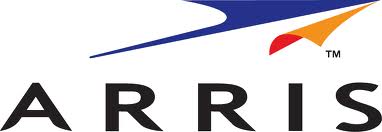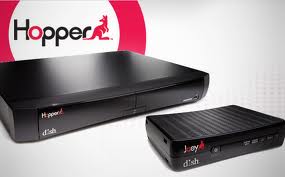
The case involves late fees charged to Frontier FiOS video customers in the state of Oregon.
Frontier Communications FiOS video customers that paid late fees for service in the state of Oregon may be entitled to a partial refund after the telecom company settled a class action case.
The settlement, announced today will cover both current and former customers.
Some key points:
- Customers that are potentially included in this class action settlement will receive a separate notice in the next 60 to 90 days;
- The separate notice will include additional information and instructions regarding steps they can take if they are eligible for a refund;
- A claims administrator will be identified and responsible for providing notices to former and existing customers;
- Customers must wait until they receive a notice regarding the settlement from the claims administrator which outlines additional steps that must be taken.
The company was accused of unjustly charging and collecting late fees for video customers whose payments were processed late as the company assumed control of the FiOS service from Verizon Communications.
An internal memo sent to Frontier employees and obtained by Stop the Cap! suggests the company is expecting calls from customers inquiring about the settlement. Other than telling employees to express empathy, company officials have asked customer service representatives to avoid speculating about the case and referring customers to forthcoming communications from the settlement administrator within the next two to three months.
The lawsuit only covers Oregon residents.


 Subscribe
Subscribe Cox Cable customers in Arizona, Florida and beyond face a significant rate hike for cable, broadband, and phone service in 2013 according to a notification from the company. Rates are going up for most individual services, although customers in selected package bundles or on promotions will avoid increases for now.
Cox Cable customers in Arizona, Florida and beyond face a significant rate hike for cable, broadband, and phone service in 2013 according to a notification from the company. Rates are going up for most individual services, although customers in selected package bundles or on promotions will avoid increases for now. Comcast Corporation has announced its intention to pay $150 million for part-ownership of Arris Group, Inc., which manufacturers set top boxes and cable modems.
Comcast Corporation has announced its intention to pay $150 million for part-ownership of Arris Group, Inc., which manufacturers set top boxes and cable modems. CNET was forced to withdraw a planned award for Dish Network’s ad-skipping “Hopper” DVR because the website’s owner, CBS, is suing the satellite dish company over the device.
CNET was forced to withdraw a planned award for Dish Network’s ad-skipping “Hopper” DVR because the website’s owner, CBS, is suing the satellite dish company over the device. The Verge added there was clear evidence of a growing influence on the editorial decisions at the digital news subsidiaries owned by CBS, all designed to protect the parent company.
The Verge added there was clear evidence of a growing influence on the editorial decisions at the digital news subsidiaries owned by CBS, all designed to protect the parent company. The billing address on file at Verizon Wireless can make a difference in your monthly bill.
The billing address on file at Verizon Wireless can make a difference in your monthly bill.
